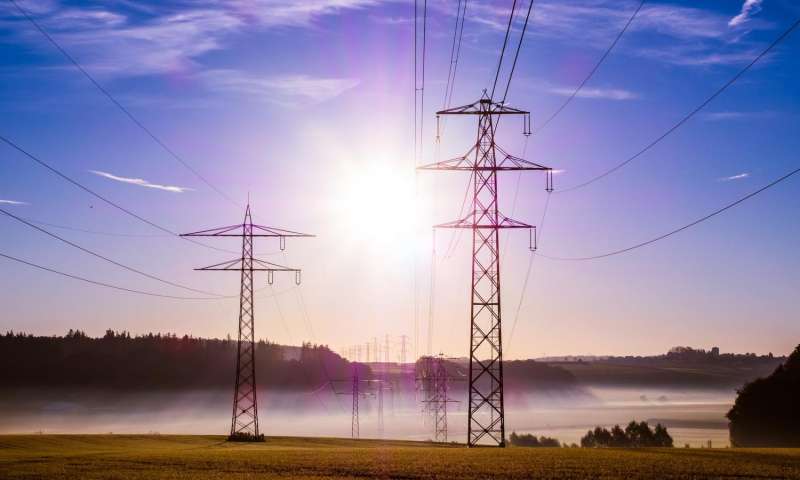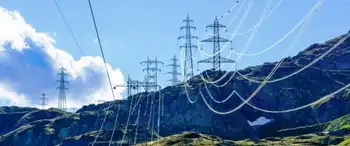U.S. transport official warns of brown-out risk
SAN FRANCISCO, CALIFORNIA - A top U.S. transportation official warned that coal shortages caused by damage to railroad tracks in the primary U.S. coal-mining region could trigger electrical brown-outs this summer in pockets of the country.
In an interview, the chairman of the Surface Transportation Board, Roger Nober, said brown-outs - a potentially disruptive dip in electrical voltage on the grid - were a possibility as the nation heads into a period of peak electricity consumption.
"There is the possibility, of course, that individual utilities who were low on stockpiles for whatever reason may find themselves short now," he said. "We want to avoid - if at all possible - utilities running out of coal and having to brown-out."
A combination of heavy precipitation and built-up coal dust has been blamed for May's two derailments on a line jointly operated by Union Pacific (UNP.N: Quote, Profile, Research) and Burlington Northern Santa Fe Corp. in the Powder River Basin of Wyoming and Montana.
The fall-out from the derailments has been widespread. Utilities have begun reporting shortages of the raw material for their coal-fired power plants, and Wall Street has begun punishing coal producers for profit shortfalls caused by the disruption.
Coal accounts for more than half of all the power generation in the United States, experts say, with much of it coming from the basin. The peak season for electricity consumption is typically from June through September, when hot summer temperatures boost demand for air conditioning.
The transportation board, the successor to the Interstate Commerce Commission and the federal regulator of railroad rate and service issues, will closely monitor how equitably coal is distributed to needy regions, Nober said.
"If there's not enough supply, that's a problem," he said. "We want to be sure that utilities don't want to run out of coal and brown-out."
The situation is improving, he said.
"It's much better now than it was three weeks ago," he said. "I'm cautiously optimistic that maintenance is going quickly and that throughput is improving and that the carriers are adjusting."
Still, he said, the impact of the coal shortage could be felt most strongly in the Midwest and Great Plains, he said, where Powder River coal accounts for a large portion of the regions' power generation.
The first signs of problems from May's derailments have already surfaced. The two utility units of Xcel Energy Inc. said in regulatory filings that they are short of coal at their electricity generation stations.
Freight railroads have begun rationing coal to utility customers and warning that track repairs could stretch into next year.
In a letter to federal officials, Union Pacific Corp., the nation's largest railroad, said the accidents have significantly affected the company's ability to meet demand for coal.
"We are telling our customers to expect to receive about 80 to 85 percent of the tons they had estimated," chairman Richard Davidson wrote.
Alliant Energy Corp., a Wisconsin-based utility which owns and operates coal-fired power plants in the Midwest, said it is keeping close watch on the coal supplies.
"Alliant is monitoring the situation closely and we have seen that the number of coal cars coming through has increased from earlier this summer," said Alliant spokesman Scott Smith.
Related News

Baltic States Disconnect from Russian Power Grid, Join EU System
MOSCOW - In a landmark move towards greater energy independence and European integration, the Baltic nations of Estonia, Latvia, and Lithuania have officially disconnected from Russia's electricity grid. This decisive action, completed in February 2025, not only ends decades of reliance on Russian energy but also enhances the region's energy security and aligns with broader geopolitical shifts.
Historical Context and Strategic Shift
Historically, the Baltic states were integrated into the Russian-controlled IPS/UPS power grid, a legacy of their Soviet past. However, in recent years, these nations have sought to extricate themselves from Russian influence, aiming to synchronize their power systems…




